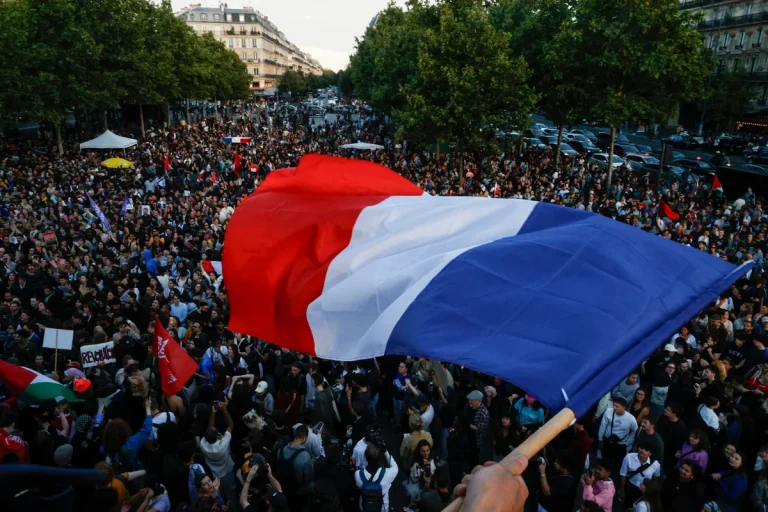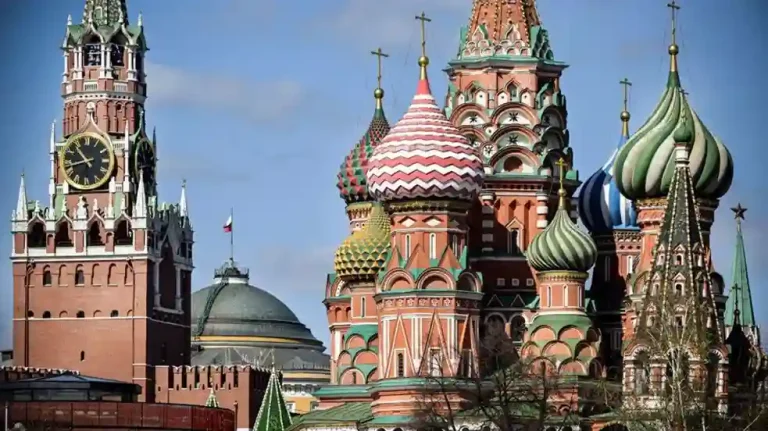Baluchistan, a key region for China-led infrastructure projects, has long faced a separatist insurgency
ISLAMABAD: Militants in Pakistan aim to halt development projects under the multi-billion-dollar China-Pakistan Economic Corridor (CPEC), Prime Minister Shehbaz Sharif stated on Tuesday, after a series of attacks in Baluchistan resulted in over 50 deaths. The province, which borders Iran and Afghanistan and hosts major infrastructure projects like a strategic port and a gold-copper mine, has experienced a long-standing separatist movement. Ethnic Baloch militants seek independence, accusing the central government of exploiting the region’s mineral and gas resources—a claim the government denies, asserting its efforts to uplift the region through development.
China is investing over $65 billion in energy and infrastructure projects under CPEC, part of its Belt and Road initiative, which aims to connect China to the Arabian Sea. The corridor promises to modernize Pakistan’s economy with a network of roads, railways, pipelines, and ports built with Chinese loans. A key feature of this project is the deep-sea port at Gwadar in Baluchistan.
While separatist militants typically target Pakistani security forces, they have also attacked Chinese interests and citizens, accusing Beijing of aiding Islamabad in exploiting Baluchistan’s resources. Notable incidents include a suicide bombing in March that killed five Chinese nationals working at a hydropower plant, as well as assaults on China’s consulate in Karachi and the Gwadar port.
“The sole aim of these malicious efforts is to hinder Pakistan’s progress and halt CPEC projects in Baluchistan and other regions,” said PM Sharif in a televised address to his cabinet.
In response to the attacks, China condemned the violence and expressed continued support for Pakistan in counter-terrorism measures. “China is prepared to enhance security cooperation with Pakistan to jointly maintain regional peace and security,” said Lin Jian, a Chinese foreign ministry spokesperson.
On Monday, Interior Minister Mohsin Naqvi attributed the attacks to a coalition of Pakistani Taliban and separatist Baloch groups, suggesting they were supported by Pakistan’s adversaries, hinting at neighboring India and Afghanistan.
“Terrorists have no place here,” Sharif emphasized, adding that while Pakistan remains open to dialogue with those committed to the constitution, it will eradicate terrorism completely.
The violence began on Sunday evening when 23 passengers were dragged from their vehicles in Musa Khel, northeastern Baluchistan, and shot dead. In a separate incident, 21 militants were killed by the Pakistan Army during an operation in which 14 soldiers and police officers also lost their lives. Further attacks included a militant assault on a paramilitary station in Kalat that left 10 dead, the destruction of a railway bridge in Bolan, and the discovery of six unidentified bodies near the site, the circumstances of which remain unclear.
The surge in violence poses significant challenges for PM Sharif’s fragile coalition government, which is grappling with an economic crisis, political instability, and rising militant violence from both religiously motivated and separatist groups.
Baluchistan is also experiencing civil rights protests from young ethnic Baloch, who are calling for an end to what they claim is a pattern of enforced disappearances and extrajudicial killings by security forces—allegations the authorities deny.





